Nice airport was more or less deserted. Two-and-a-half hours early for the easyJet flight to Gatwick, I had a leisurely cup of tea and a bun at a café kiosk before going through security, sharing a counter with a couple of young gay Frenchmen who were bickering respectfully over the timing of some future arrangement.
I took out my 99p 1987 charity-shop paperback, Mr Stimpson and Mr Gorse by Patrick Hamilton, and began to read. I love Patrick Hamilton’s novels, but until that moment hadn’t bothered to try the later ones, which he wrote when his alcoholism had taken a grip and he couldn’t get out of bed, as they are generally considered to be disappointingly bad. But for 99p I thought I may as well see for myself, and I read hoping to be pleasantly surprised.
The first sentence was: ‘There are, clearly, in England and all over the world, countless Colonels with hard-working, valiant and enchanting characters.’ There followed a page of desiccated jollity about how Colonels, especially retired Colonels, have such a terrible reputation for being ‘peppery’ or ‘choleric’ that saintly Colonels living meekly in boarding houses are unfairly tarred with the same brush. I imagined the tremulous, ill, disillusioned Marxist propped up on pillows, the first of his three whisky bottles within easy reach, determined to produce something. (The final novel of the Gorse trilogy was dictated drunk.)
The gay couple picked up their luggage and sauntered off still arguing. Then I, too, hoisted my bag on to my back and went up the escalator and into the security-check hall. I was the only customer. I forgot to take my toiletries out of my bag and put them in the tray, but the bag passed through the scanner without comment. From here I moved into what must surely be one of the best departure lounges in Europe: a sun-filled glass cathedral with a panoramic view of the runways, the blue Mediterranean beyond, and to the right a profile of the bay of Nice. There were few other passengers in here also. I took the end seat of an empty row, faced the sea, took up my book, and sunbathed in February.
The pub in Gorse, which Hamilton calls the Friar, is typically based on one in Reading. I once worked on a railway-track repair gang based at Reading station, and drank in the pubs near the station, and I guessed that the Friar was based on the Greyfriar. Nobody writes about boozers and boozing like Hamilton, and as I sat in the warm sunshine, he bought vividly to mind an unhappy winter I had all but forgotten about. It was unhappy even at the time. The eight-man repair gang I was assigned to resented me because I was freshly out of the track-mending school and in their eyes knew nothing. The gang leader, a hairy biker, expressed this resentment on behalf of the others by punching me in the face and giving me the horn. And every morning after that I was given this horn, which was powered by an air canister. I trudged a mile up the track, and all I had to do all day was blow the horn if I saw a train coming. As a safety procedure it seemed precariously susceptible to human error — or a vengeful impulse — but all survived my three weeks on the horn. I remembered how very cold I was as I peered down the track for hours on end — and lonely.
Half an hour before my flight was due to take off, an announcement called easyJet passengers to a departure gate at the farthest end of the airport. The largely unhappy memories provoked during the previous two hours by Hamilton’s tale of Reading pub life, and the demonic cynicism of the telling of it, had put me into a dreamlike state. As I toddled along to the gate, I hardly knew whether I was in Nice waiting for a plane, fondling my horn beside a railway line in the 1970s, or perched on a barstool in Hamilton’s fictional Friar pub in 1928. But as I approached, then mingled with a mob pressing like dumb cattle to pass through Gate 28, only to queue again on the air-bridge, I realised I was in fact already back in Britain. An English easyJet stewardess doubling as a ticket collector had scented battle with a bewildered French family over two small extra items of hand luggage and was now trebling as a stony-eyed thug. I treated with her on their behalf. She threatened to bar me from the plane, finally relenting with bad grace. When we eventually got on, the cabin was one third empty. I sat and rejoined Patrick Hamilton in the Friar. When I looked up an hour later, we were circling above Sussex.
Got something to add? Join the discussion and comment below.
Get 10 issues for just $10
Subscribe to The Spectator Australia today for the next 10 magazine issues, plus full online access, for just $10.
You might disagree with half of it, but you’ll enjoy reading all of it. Try your first month for free, then just $2 a week for the remainder of your first year.


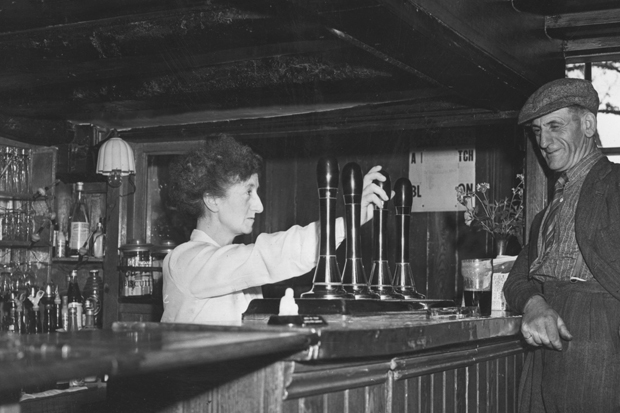
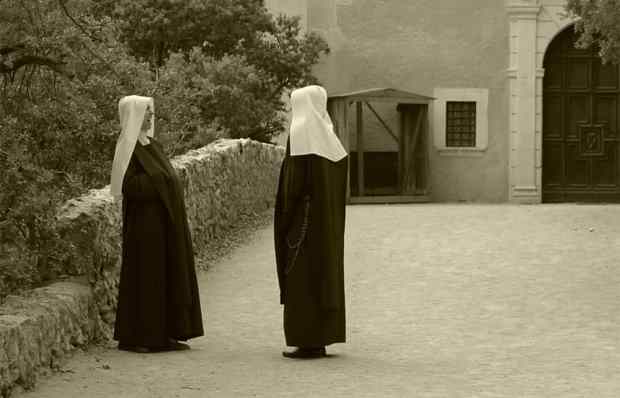
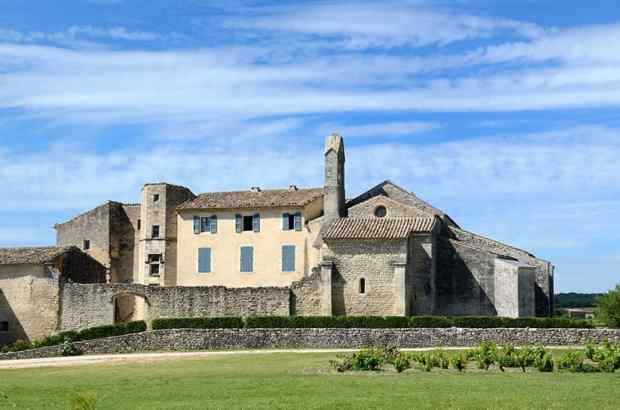
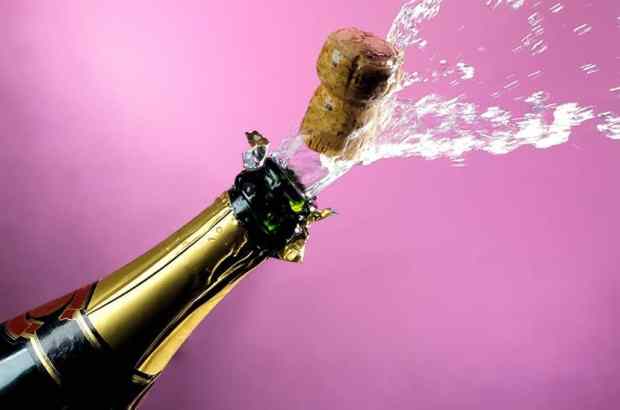
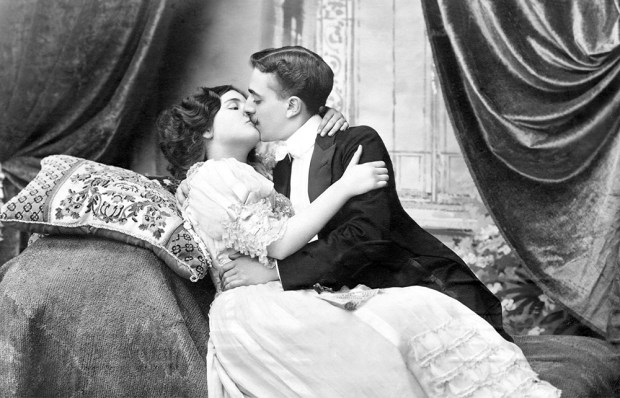
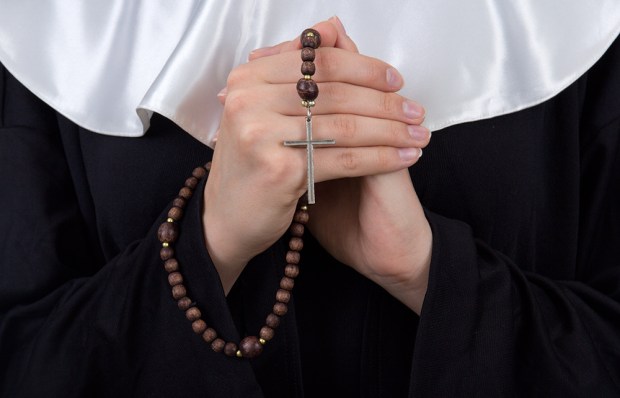
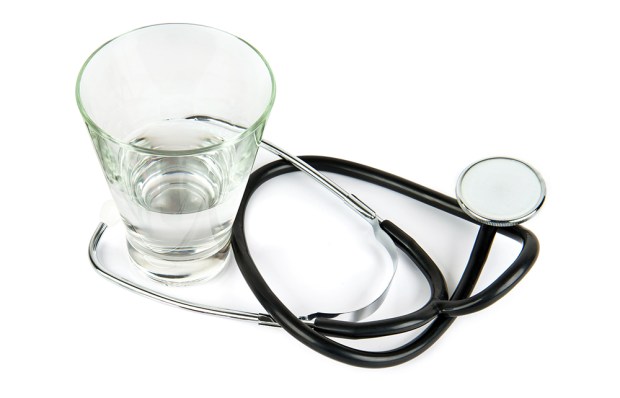






Comments
Don't miss out
Join the conversation with other Spectator Australia readers. Subscribe to leave a comment.
SUBSCRIBEAlready a subscriber? Log in